The Windows 8 "Consumer Preview", What's in a Name?
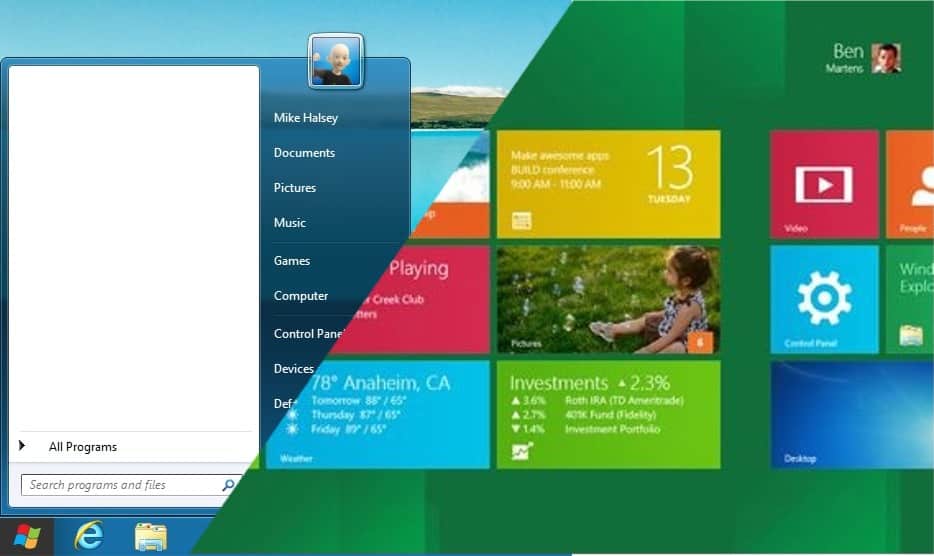
It is widely expected that when Microsoft launch the Windows 8 beta in a few weeks that it will be labelled the "Windows 8 Consumer Preview". This has alarmed and concerned many IT Pros who feel that Windows 8 is cutting them out with Microsoft putting all the focus on consumers and tablets with its new Metro interface. I thought this deserved some discussion, especially in light of the concerns that IT Pros, businesses and enthusiasts currently have.
Let's look first at the missing IT Pro features in the Developer Preview and what this release was actually for. Microsoft are going after the tablet market aggressively, frankly they have no choice to do this now or to wave goodbye to it forever. This is why Windows 8's new Start Screen and Metro apps have been engineered the way they have. Nobody can blame them for this either. As we all now know from smartphones and tablets, any platform will live or die on the quality and quantity of the apps available for it. Let's just look at what happened to HP's TouchPad, with the same now beginning to happen to the RIM Playbook.
For this reason it is essential that Windows 8 have a critical mass of Metro apps available in the new Windows store on the day that Windows 8 goes on sale. The only way to do this is to start early, and the only way to get developers writing for the new interface and platform is to give them a copy to play with. It was far from essential therefore that anything other than Metro was actually working for the giveaway date at their BUILD developer conference last September.
This doesn't mean that Windows 8 will be bereft of IT Pro features, it just means that Microsoft's focus in the run up to September was finishing Metro and making sure it was stable. Microsoft have told me privately that plenty of new features for IT Pros simply weren't finished by then. They are coming and will all be finished for the beta. In fact that build of Windows 8 will already have been signed off by now and will be going into escrow this week.
Microsoft have a huge mountain to climb in the tablet market and they've got to create a buzz with the beta. Some people at the company have admitted to me privately that the company made a mistake in releasing the Developer Preview publicly instead of just through developer channels. People downloaded it, expecting it to be a finished product and it simply wasn't. This has resulted in the new OS getting large volumes of negative publicity and people damning the finished product when they've actually seen less than half of it.
So why Consumer Preview then if IT Pros hated the Developer Preview? Microsoft need to get consumers worldwide downloading, installing and using the Windows 8 beta in their multi-millions. They need people talking on blogs and forums and in the press about how much they love it to spur on developers in writing apps for the platform. Microsoft haven't released any figures yet about how quickly Metro apps are being written, but this could mean it's off to a slow start potentially. Generating excitement and press coverage then is huge. This doesn't mean that the IT Pro features won't be there, just that Microsoft have got to get Metro off to a flying start from being three or four years behind the market leaders.
The company will also want to completely differentiate the latest release from the Developer Preview by indicating that they were both completely different builds and intended for completely different audiences. Simply calling it the beta next month wouldn't do this and many people might assume that it will just include a few tweaks and bells on top of what was seen in September. Thus this differentiation is absolutely necessary. Especially given Microsoft's private admission that a public release was an error last time.
The other reason to call it a Consumer Preview is that, for a while at least, all the media attention will be on the new Metro interface. Microsoft know this and will try to use this coverage to spurr on app developers. In short it's actually quiite a clever move calling it this.  It doesn't mean, as I've already said, that it won't include the ability to switch off the new Start Screen, or won't include Hyper-V, new multi-monitor tools and much more besides. It is, frankly, just a name and IT Pros need not be concerned any longer.
Advertisement
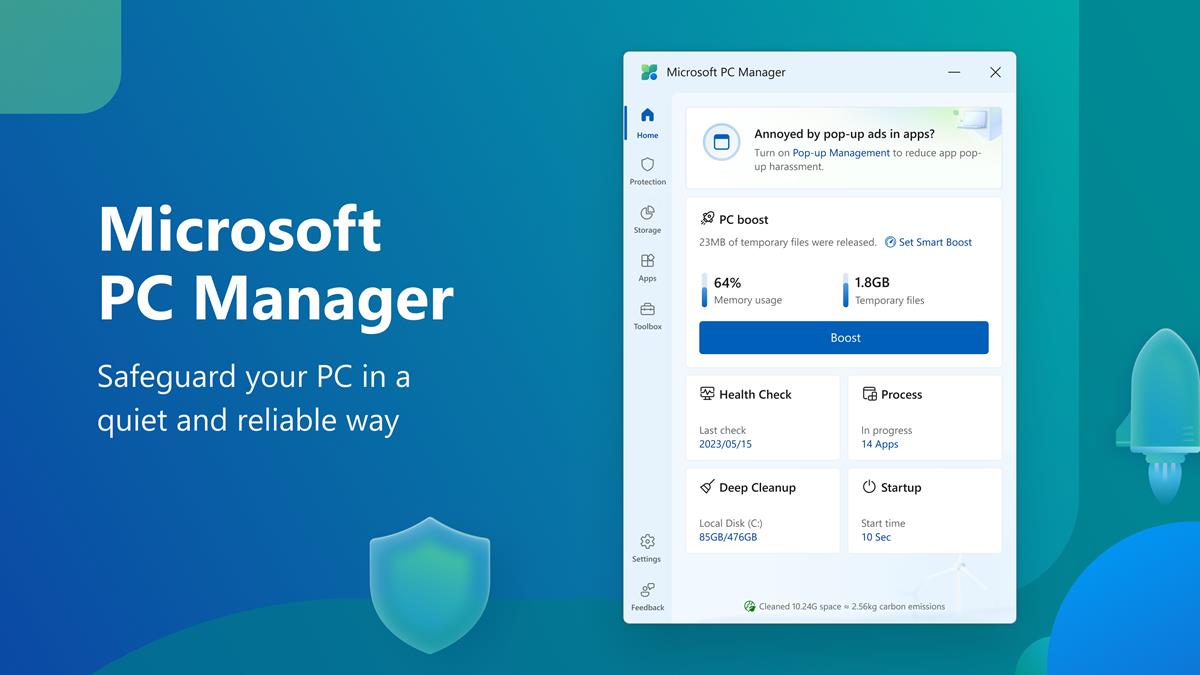

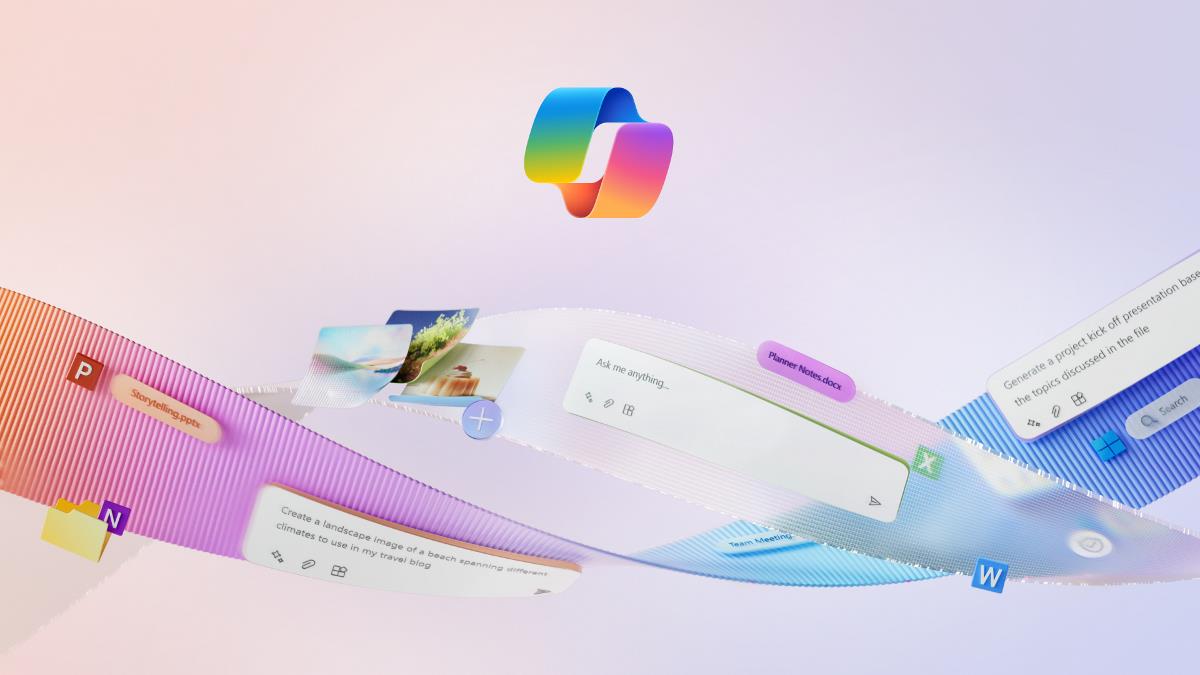
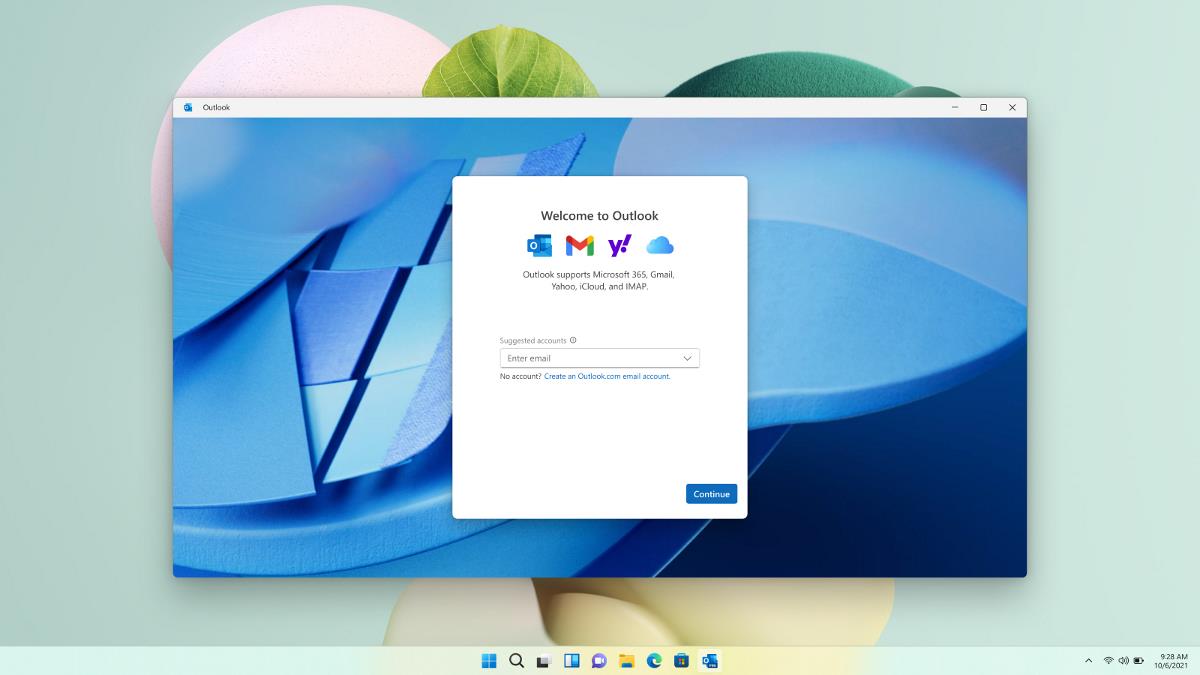


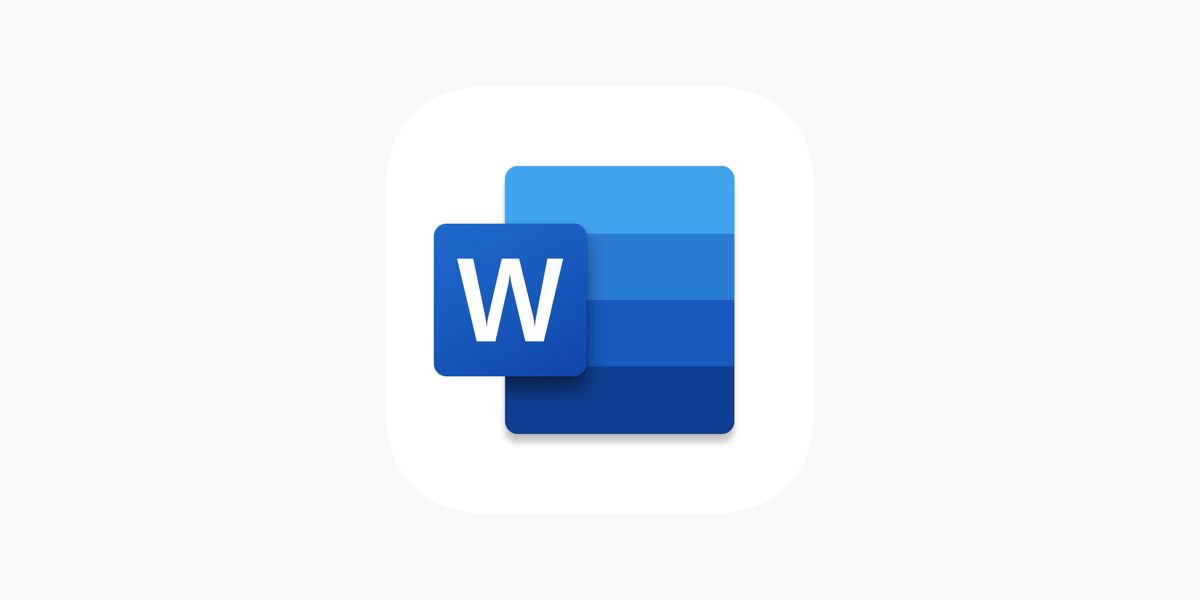
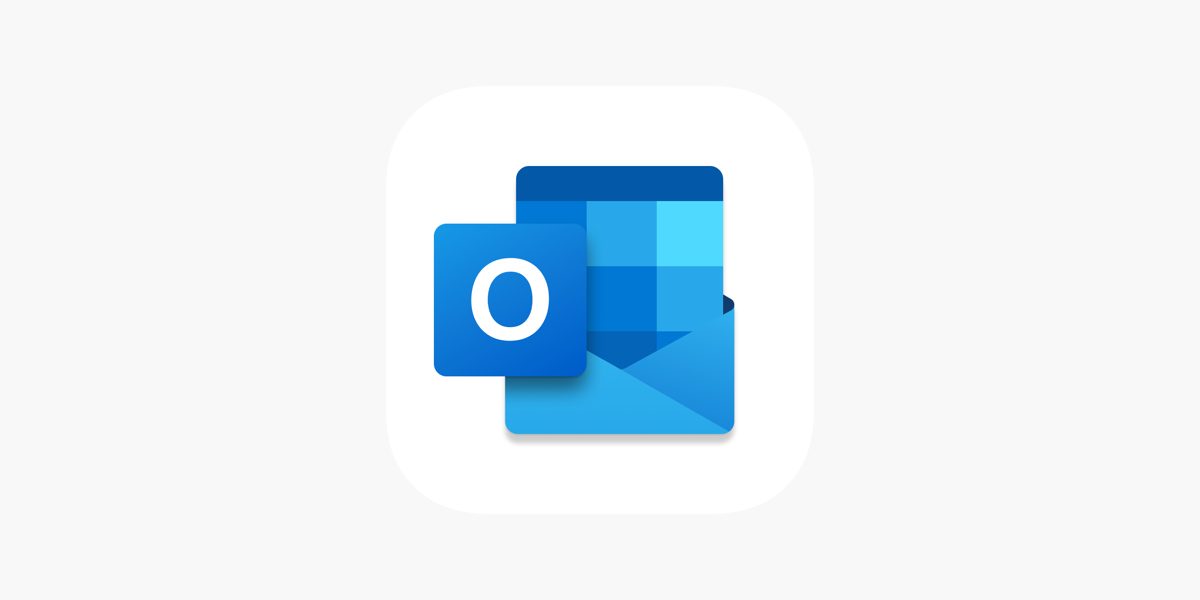

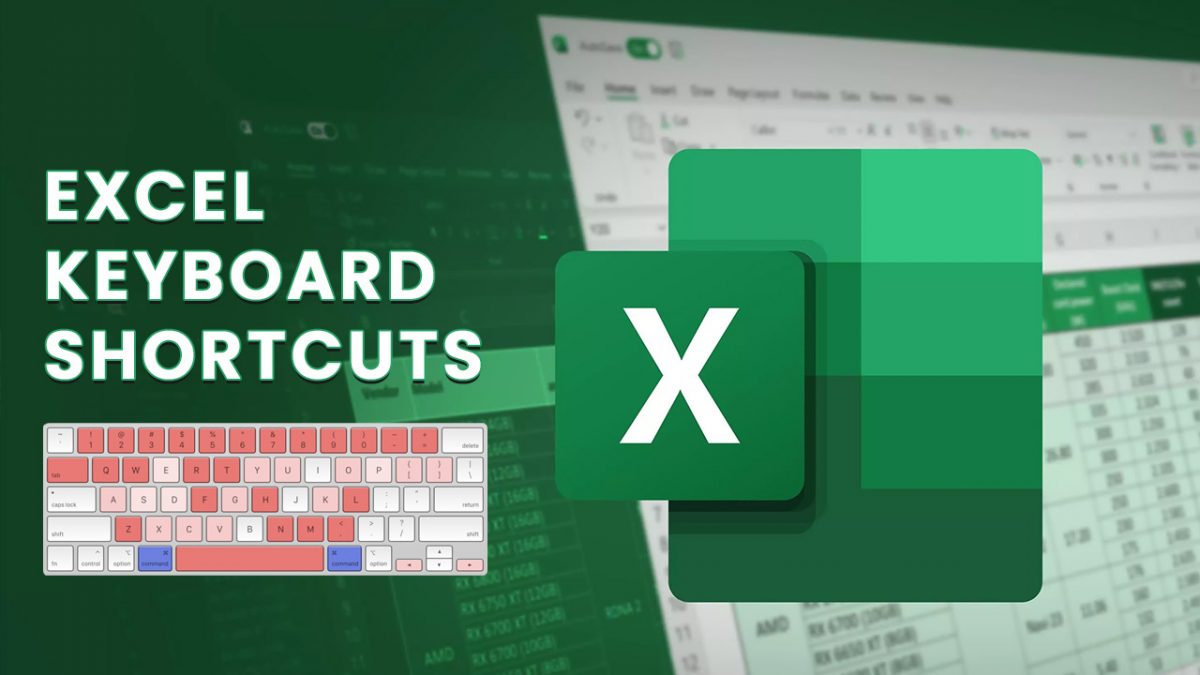











hi folks,
just found a way to rid ‘metro’, without affecting overall system.
try ‘metro cheat’ from ‘deviant art’. the address is
http://lysy1993lbn.deviantart.com/art/Metro-Cheat-for-WDP-v0-2-278541275
BTW, i’m not trying win 8
^ Very good point, why call it windows when its not using windows :D
To expand a little on what kalmly said…
MS is marketing Win8 for multitouch tablets, and intending it to be used primarily with its new full-screen touch apps. The name ‘Windows’ came about when MS made their first graphic OS, with content shown in windows rather than in a list running down the single, monochrome screen (as in DOS). Does it not seem odd to call this new OS ‘Windows’ when its ability to run traditional desktop applications in windows is marketed as only back-compatibility?
I still don’t understand why they don’t stick to building Win8 for “gadgets” only. Stop calling it Win 8 and stick with the name, Metro. Win8 should be an improvement of Win7, not something that is taking a divergent route.
Windows 8 *is* a massive improvement compare to Windows 7 in many ways. The Metro design language is accesible, easy to use both with touch-enabled devices as well as keyboard and mouse. I still remember people like you talking about how useless the start menu was and how everything should go back to the way Windows 3.1 was when Windows 95 was released.
All these negative comments and resistance to change will quickly dissapear as people actually *use* the OS, instead of just talking about it blindly.
2 murven
Metro is a flop. Windows Phone 7 with Metro failed to get substantial market share. People don’t want it, there is nothing cool or beautiful or helpful in it. You can get uses to pictogram language in subway, but this doesn’t mean that you ever want to use it at your home.
I saw how people show others iPad, Android and even Blackberry Playbook games/apps, but nobody ever said “Look at this beautiful/cool Metro interface/app”.
Nobody from my team worked with WP7/Win 8 wants to work with Metro (it’s even more harder for them because of bearing bugs in unfinished version). Nobody from them will ever recommend Metro to everybody.
People pay money for iPhones, Androids, but I still didn’t see anybody with WP7 powered phone or tablet bought for his/her own money.
Since 2007 the main trend is Apple, iPhone and iPad. Mobile devices, appstores-marketplaces, small apps, games of all sorts…
MS is trying to catch gone train, missing main their selling point and users expectation: MS Office and PC experience. Don’t tell me that you didn’t hear all that buzz about “blurring line between work and home device experience”. I read about this almost in every interview of significant IT persons on BBC Tech.
MS Office is de facto standard and most expected thing from MS. If only they bring it to tablets together with apps and games… But they do it wrong way, pushing forward ugly Metro, which is not better than competitors.
So instead of Tablets + Office + multitude of Apps and Games… users got just Tablets + Metro so far.
MS has yet to show me anything in Win 8 that makes me want to part with my hard-earned money. Add this move to that and I predict a rocky start for the next version of Windows.
The reality is that unless Microsoft come up with something special before final release, then Windows 8 is simply going to be the skip release for most existing Windows Users.
Personally I hate the Metro UI and I will not start any App development right now because I do not/cannot believe that it will remain as is for final release. So why would I want to waste my efforts on something that is merely temporary and, as Roman above says, buggy and not to be completely trusted given it is pre-release.
They can call it a Consumer preview for all I care, in fact I think it is an accurate name for it. BUT what this means to us Tech guys is that it is not intended for Business purposes (or at least very limited).
I think that a great opportunity has been missed by Microsoft at the cost of trying to focus on a market that is trend based. Microsoft have never been good at following trends, and they only really set them every decade or so.
Bring on Windows 9 (perhaps aka Windows 2013)
Windows 9 will be only Metro with no switching to classic UI.
Mike, I’m sorry for my harsh opinion, but this is even more stupidest thing from MS.
You know, for developers to develop something they must have tools. As for mobile development, tools are platform, IDE/debugger, libraries and SDKs. It’s somewhat like chicken or the egg dilemma, but I think this is easier: if developers don’t have tools, users won’t get their lovely apps.
And if you want your mobile platform to compete on apps, – you must gave tools to developers months ago. If you give tools to developers now – expect apps months later. If you just give interface to consumers, and will give tools to developers only in future – well, just expect apps in even more distant future.
If you want to compete with other well-established, broad markets – you should give BEST development tools to developers ASAP and try to lure as many developers as you can – including not only pros, but broad circle including even casual developers (like for Android or iOS).
Unfortunately (unfortunately because I have to work with this), the situation reminds those of Windows Phone 7 – VERY poor development preview and unfinished SDKs, running to incomplete release. And developers are shouting “How we can to work with this when it is so incomplete, unstable, with poor possibilities/libraries and with bugs we have to workaround again and again?”
And you call this a smart move? 0_0 Mike, why?
@Roman ShaRP : What are you talking about? Visual Studio 11 is a fine, stable, fast and reliable development environment, even in the early state it is right now.
I very much suspect you are not even a developer.
2murven
Yes, I’m not a developer, but being part of a team I hear what developers say, and no one of them said that it’s all ok with Studio 11, and, more important, they don’t say that development components they got are ok. Crashes, memory problems and so on.